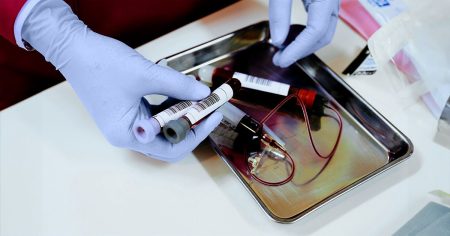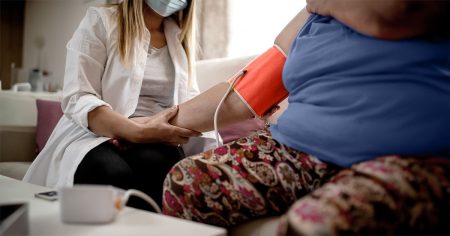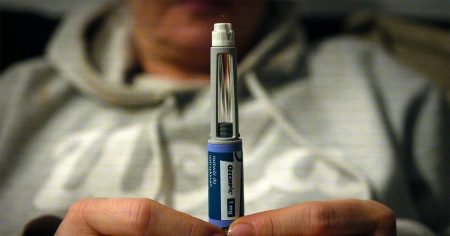A recent study published in the journal JAMA Oncology suggests that the period between colonoscopies may be extended from 10 to 15 years for individuals with an initial negative screening and no family history of colorectal cancer. According to researchers, this extended time period would only miss two colorectal cancer cases per 1,000 individuals. Despite this potential change, experts emphasize that colorectal cancer screenings are still crucial for early detection of this deadly disease, which is treatable if caught early.
The study, conducted in Sweden, involved over 110,000 individuals with no family history of colorectal cancer and negative results on their initial screening. The researchers found that by extending the screening interval from 10 to 15 years, only two colorectal cases and one colorectal cancer-related death per 1,000 individuals would be missed. The study analyzed data from a nationwide register to examine colorectal cancer diagnoses and cancer-specific mortality among individuals with no family history of the disease. The research focused on individuals aged 45 to 69 who had a negative colonoscopy between 1990 and 2016.
The researchers matched these individuals with a control group of over 1.9 million people to compare the risks of colorectal cancer and cancer-related deaths. After 15 years, individuals with an initial negative colonoscopy had significantly lower risks of colorectal cancer and cancer-related deaths compared to the control group. The study aimed to determine whether extending the interval between colonoscopy screenings from 10 to 15 years would impact the early detection and prevention of colorectal cancer cases.
However, not all experts agree with the findings of this study. Dr. Anton Bilchik, a surgical oncologist, cautions that the results of this cohort study need to be interpreted cautiously as it is not a prospective study or a randomized trial. He highlights the potential risks of missed colon cancer cases and polyps that may occur with less frequent colonoscopies. Dr. Dale Whitebloom, the chief medical officer at U.S. Digestive Health, emphasizes the importance of early detection and screening for colorectal cancer, especially as the incidence of this disease is increasing among young people.
While the study suggests that extending the interval between colonoscopy screenings to 15 years may not significantly impact the early detection and prevention of colorectal cancer, other experts stress the importance of considering individual risk factors and personalized screening recommendations. Regular screening is still recommended for individuals at average risk for colorectal cancer, as early detection allows for timely intervention and improved outcomes. Further research is needed to determine the optimal screening interval for different populations and to explore alternative screening methods, such as stool-based tests, that may be effective in certain cases.















